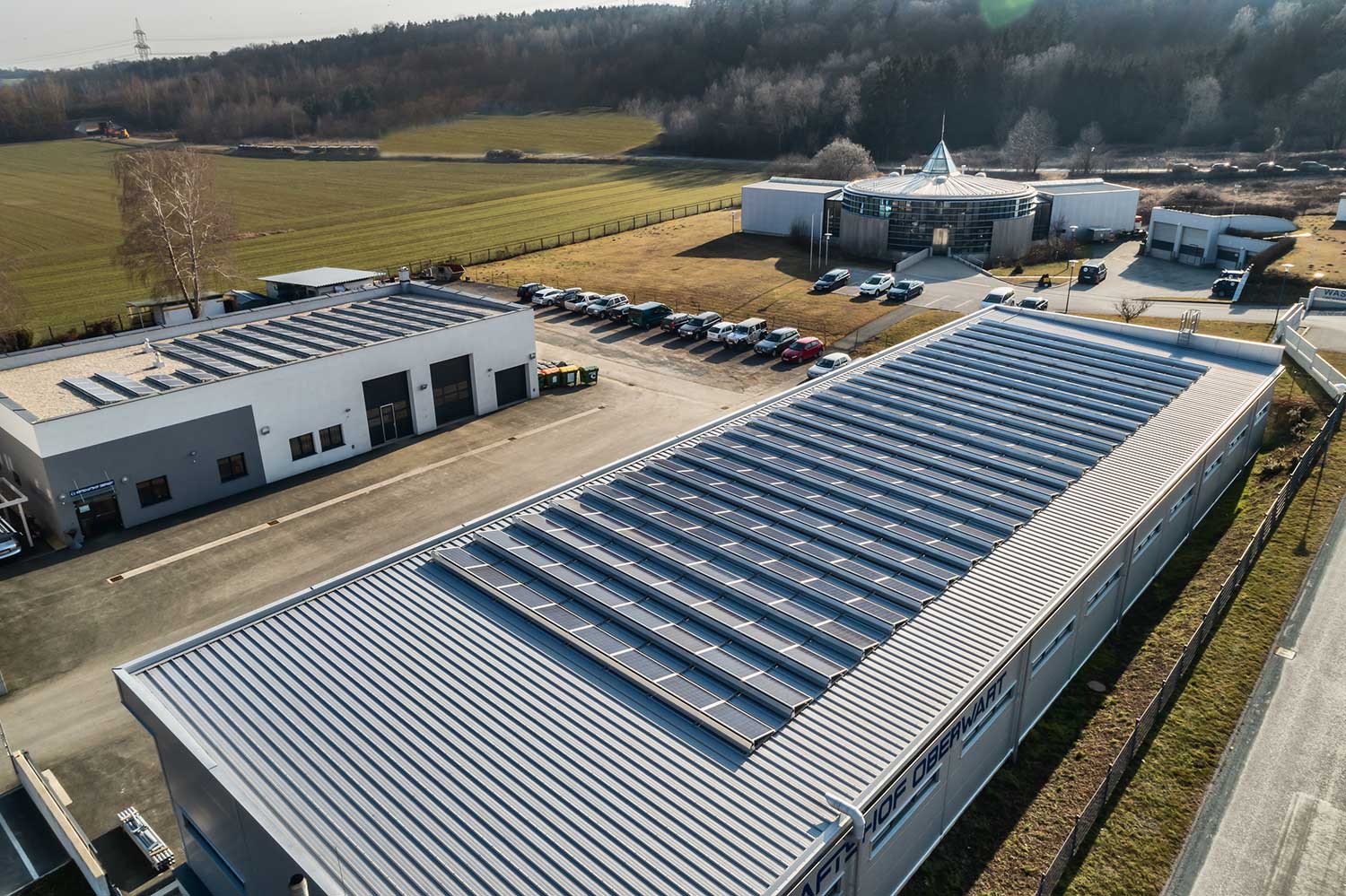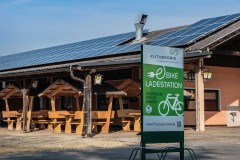Even for energy customers whose annual consumption is under 100,000 kWh (i.e. in the small and micro-user sector) there is great potential in energy flexibility. Heat pump systems, battery storage systems and in future also mobile storage systems in e-vehicles, could all be used for temporary storage of power produced from renewable sources, with the help of smart energy management systems, helping to balance out peaks in production and consumption, and stabilising the network.
In order to access this potential, small-scale options for flexibility must be pooled in clusters. Under the project “Urbane Speichercluster Südburgenland” (South Burgenland urban storage cluster)* a living lab testing programmefor energy management is being set up, centred on two urban storage clusters (Oberwart and Stegersbach) based on renewable energies, each with at least 15 participants. In these clusters, electrical, thermal and mobile storage systems are pooled from private households, small and medium-sized businesses, community facilities and centralised district storage systems, as well as public e-charging stations. This intelligent, cross-sector energy management system is linked with innovative tariff models, and aims to find a way to commercialise these flexibilities in the future.
Key issues being addressed by the project include interface compatibility, building-specific investment costs and possible tariff and citizen-ownership models. An easy-to-use customer interface is also being developed by the project team. Numerous economic and legal, as well as security-related and social aspects are also being explored.
Project goals
> realistic solutions and approaches for implementation of the storage cluster
> defining the relevant framework conditions and realisation of electrical storage systems at district level
> devising a basis for individualised standards for cluster participants
> development and testing of components and software systems
> solutions for creating interfaces for the cross-sector system
> development of a visual interface for users (customer interface)
> project-specific legal aspects, business models and citizen ownership models
> reports on activities so far and recommendations for action by “active” participants in a storage cluster
* Project partners: Energie Kompass GmbH (Innovation laboratory act4.energy), B-Süd Gemeinnützige Wohnungsgesellschaft m.b.H., Energy Institute at Johannes Kepler University Linz, FH OÖ Forschungs & Entwicklungs GmbH , HOVAL Gesellschaft m.b.H. (tbc), KEBA AG, Kreisel Electric GmbH, Schlaustrom GmbH, Seier GmbH, Siemens AG, Stadtgemeinde Oberwart, Tourismusverband Golf- und Thermenregion Stegersbach, Zentrum für Ökomobilität GmbH
Supported by the Climate and Energy Fund as part of the Smart Cities initiative
www.smartcities.at

